Fifa scandal prompts anti-graft law review
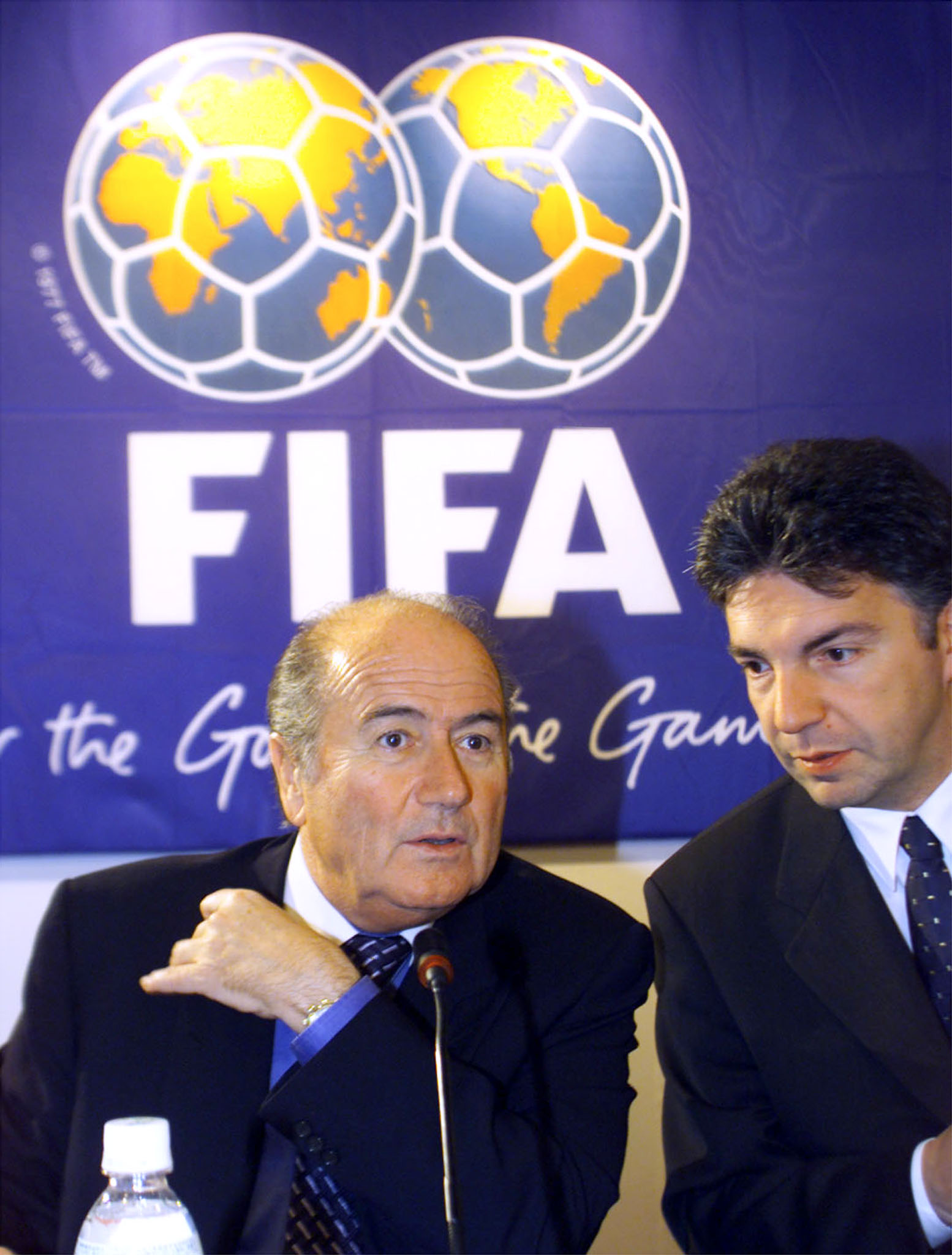
As the scandal over alleged World Cup bidding corruption continues to engulf Zurich-based Fifa, Switzerland has moved to review its anti-corruption sport laws.
In a new twist, Fifa’s former secretary-general Michel Zen-Ruffinen allegedly told undercover reporters about Fifa executives who were open to bribery and said two candidate countries had colluded to trade votes.
Swiss Sports Minister Ueli Maurer, who also heads the defence ministry, has asked Federal Sports Office officials to re-examine the issue of corruption in sport over the next six months.
“Together with the justice ministry, the existing legal framework in Switzerland will be checked,” Martin Bühler, defence ministry spokesman, told swissinfo.ch.
“Mr Maurer presumes that sports federations are also interested in clean sports without corruption or doping.”
Jens Sejer Andersen, director of the independent sports watchdog, Play the Game, welcomed the move.
“This is very good news for sport all over the world,” he told swissinfo.ch.
No safe haven
Switzerland is host to about 40 international sports federations such as the world football governing body Fifa, its European counterpart, Uefa, and the International Olympic Committee. Such bodies are granted tax breaks and flexible legal terms that allow them to govern their own affairs.
Bribery by Fifa officials would not break Swiss anti-corruption laws because non-profit sporting entities are exempt from such legislation – last updated in 2006.
“Switzerland is proud to welcome these international sports federations and probably doesn’t want to cause any trouble,” Mark Pieth, a professor of criminology at Basel University and corruption expert, told DRS national radio on Monday.
But it should not be a safe haven for sports organisations and should be able to investigate corruption allegations over the awarding of sports events, he noted.
Jean-Loup Chappelet, an expert on the management of sports organisations at the Swiss Graduate School of Public Administration in Lausanne, said he was “very surprised” that sports organisations were not subject to Swiss anti-corruption laws.
“The federal authorities don’t have the means to check what goes on inside federations; the legal base is very light,” he told swissinfo.ch.
Money or women
The news came after Fifa provisionally suspended two executive committee members and launched an investigation over alleged World Cup vote-selling ahead of the announcement of the winning host countries for 2018 and 2022 on December 2. Both have denied wrongdoing and said they expect to be cleared; a final ruling is due mid-November.
In a new development Zen-Ruffinen, who left Fifa in 2002 after accusing Fifa president Joseph “Sepp” Blatter of mismanagement, is alleged to have told Sunday Times undercover reporters that several of the 24 members of the Fifa executive committee were open to corruption.
According to the report, supported by secretly filmed footage of a meeting with undercover reporters posing as lobbyists, Zen-Ruffinen, a Swiss lawyer, was recorded suggesting Fifa voters could be bribed with offers of money or women.
He was also secretly filmed saying Spain-Portugal and Qatar each have seven votes from the committee, which is choosing World Cup hosts in December. Spain-Portugal want to host in 2018 and Qatar is a 2022 candidate.
The Swiss lawyer later told the newspaper he exaggerated his claims to help gain a consultancy fee and had only offered to assist reporters contacting Fifa officials.
Ongoing investigation
“This is only a small tip of one iceberg,” said Anderson, referring to Fifa’s track record for mismanagement affairs over the years.
In an interview with the Swiss Le Matin newspaper on Monday, Zen-Ruffinen said he planned to sue the British undercover reporters and possibly their newspaper, claiming they breached confidentiality and filmed him without permission.
Zen-Ruffinen also said that there most probably was corruption at Fifa and called for football’s governing body to appoint an external investigator.
“The problem stems from the fact that when it comes to taking decisions to eradicate corruption, these decisions are delegated to an internal organ – that is, a body that is also part of Fifa,” Zen-Ruffinen told the French-language national TV channel TSR.
Fifa says it has “immediately requested to receive all … potential evidence,” from The Sunday Times regarding its reporting of comments from Zen-Ruffinen. It says it will refer the evidence to its ethics committee as part of the ongoing investigation.
“This affair will put considerable pressure on Fifa – as was the case for the IOC in 1998 [a corruption scandal over the attribution of the 2002 Winter Olympics to Salt Lake City]. Fifa will move but how much?” pondered Chappelet.
The alleged bribery scandal that has enveloped Fifa revolves around the bidding process for the 2018 and 2022 World Cups.
An article in the British Sunday Times on October 17 alleged that two top Fifa executives – Nigerian Amos Adamu and Tahitian Reynald Temarii – had offered to sell their votes to undercover reporters, who were secretly filming the meetings.
Fifa announced an immediate inquiry to be headed by its ethics commission – an independent judicial body set up in 2006 to enforce Fifa’s code of ethics and oversee the bidding process for hosting World Cups.
On October 18, the investigation was widened to look into the conduct of other Fifa officials. It also promised to probe rumours of collusions between member associations relating to the bidding process.
On October 20, Fifa’s ethics commission announced that it had provisionally suspended the two executives named in the Sunday Times report plus four other officials.
A full report will be submitted after the investigation is complete in mid-November.
On October 24 the Sunday Times reported that former Fifa secretary-general Michel Zen-Ruffinen had been secretly filmed saying Spain-Portugal and Qatar had struck a deal giving each seven votes from the 24-man Fifa executive committee which is choosing World Cup
Hosts. He was also was recorded suggesting Fifa voters could be bribed with offers of money
or women.
Fifa executive members will meet in Zurich on December 2 to decide by secret ballot which countries will host the 2018 and 2022 World Cups.
England, Russia, Spain/Portugal and Belgium/Netherlands are bidding to host the 2018 World Cup while Japan, South Korea, Australia, United States and Qatar are candidates for 2022.
The International Federation of Association Football, or Fifa, was created in Paris in 1904 and moved its permanent headquarters to Zurich in 1932.
Swiss national Joseph “Sepp” Blatter joined Fifa in 1975, first as technical director and then as general secretary. In 1998 he was voted in as the federation’s 8th president.
Blatter was re-elected as president in 2002 and 2007. The post is up for election in 2011 and Blatter has indicated that he will stand again.
Fifa has not been far away from accusations of corruption in recent years. Blatter’s election in 2002 was surrounded by rumours of bribery. The same year, General Secretary Michel Zen-Ruffinen was sacked after alleging financial mismanagement.

In compliance with the JTI standards
More: SWI swissinfo.ch certified by the Journalism Trust Initiative

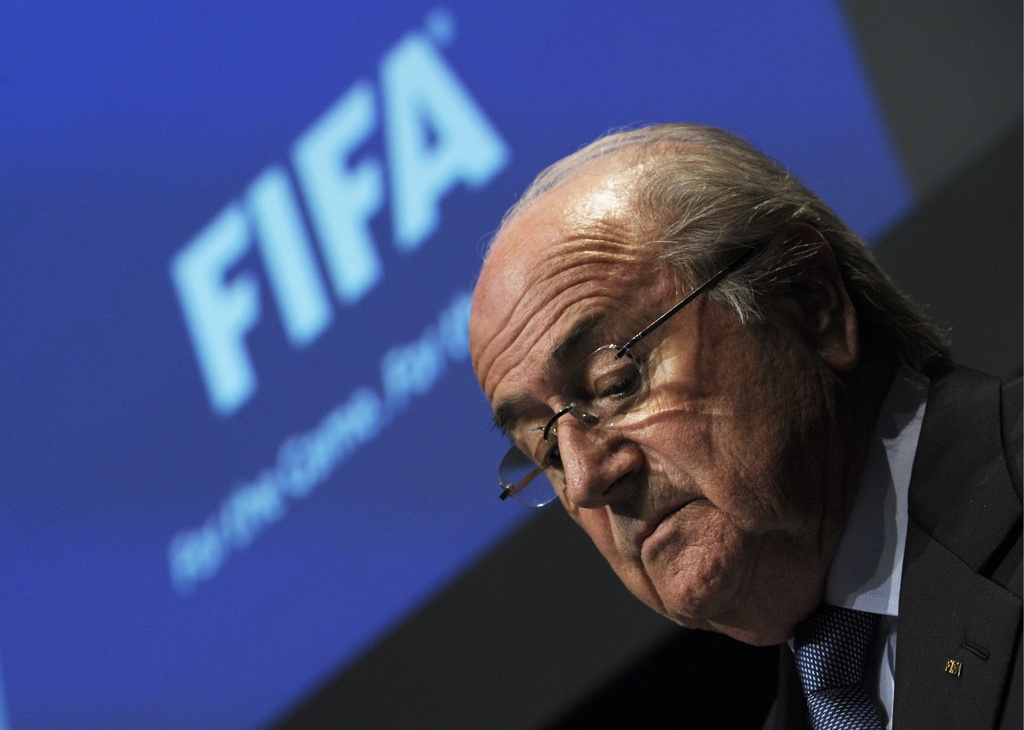
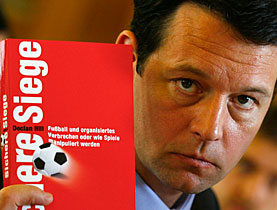
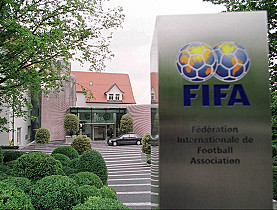
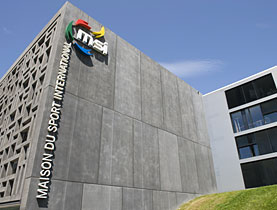
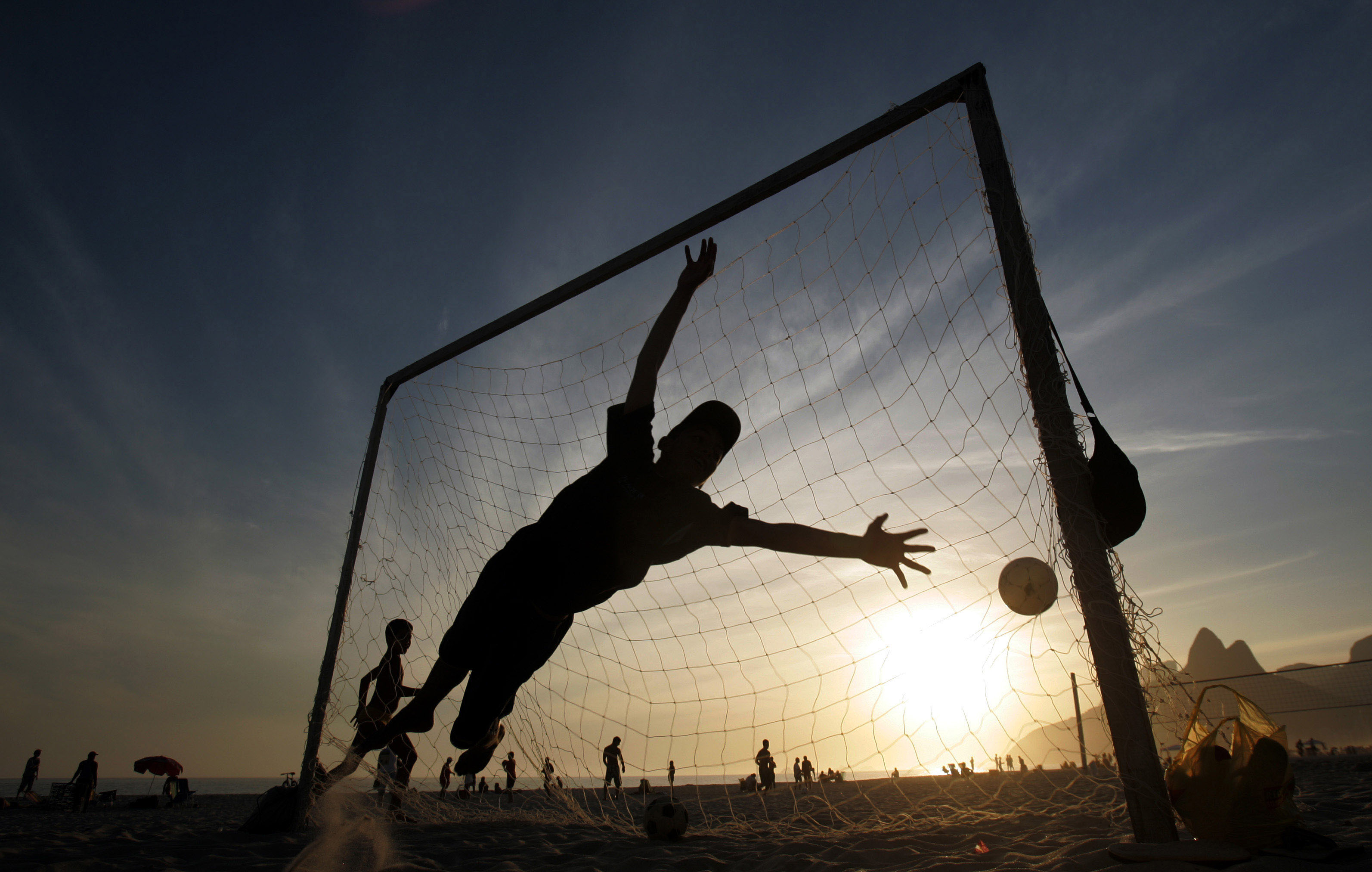
You can find an overview of ongoing debates with our journalists here. Please join us!
If you want to start a conversation about a topic raised in this article or want to report factual errors, email us at english@swissinfo.ch.